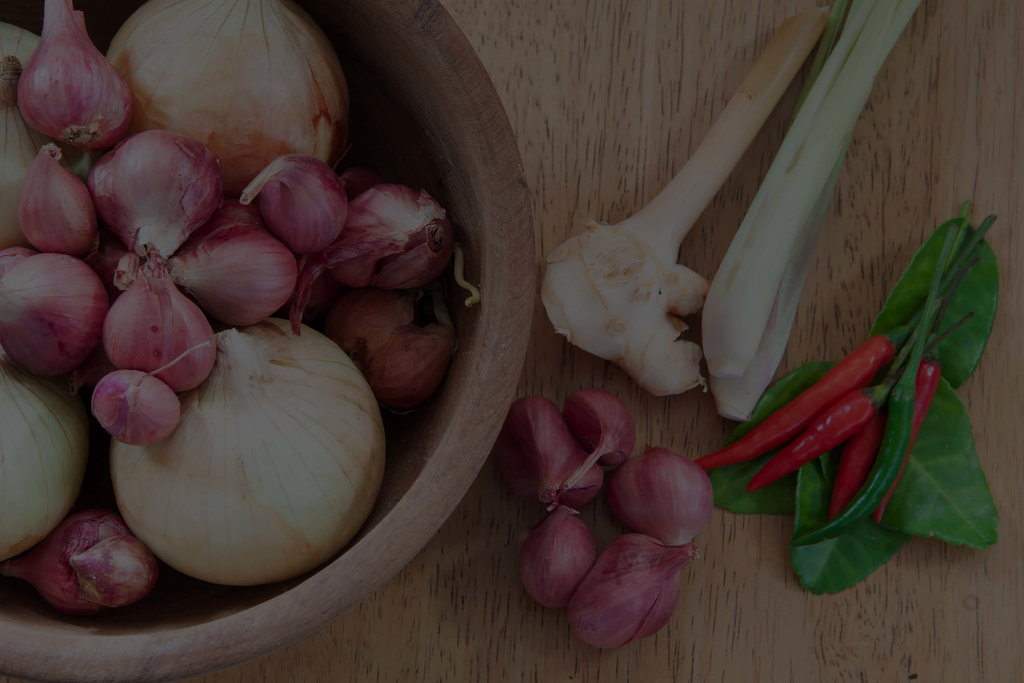
Superfood – Cinnamon
Superfood – Cinnamon
What Is A Superfood?
A superfood is a food item that has been scientifically proven to contain special properties when properly harvested and processed. When it is ingested in sufficient quantities it provides humans with elements that enhance human life.
Heat vs Cold Processing
The use of heat during the processing process usually destroys the food item’s goodies so look for food that is processed using a cold method of extraction or cold-press process and avoid items processed using heat. One exception to heat extraction is tomatoes. When tomatoes are cooked the goodies are actually doubled meaning the raw tomato daily requirement of 15 (10 cm) tomatoes is actually reduced to 7 tomatoes daily. So enjoy your tomato juice, ketchup and pasta sauces but watch out for their sugar content.
Superfood-Cinnamon
Dr. Joanna Lubavitch of Skova University Sweden – says when cinnamon is eaten with a carbohydrate there is a measurably lower sugar spike and you feel less hungry. Carbohydrates are turned into glucose (a form of sugar) by the body and the glucose is absorbed by insulin. Cinnamon is thought to enable our cells to absorb more carbohydrates and prevent sugar spikes. 3 gms (approximately 1 teaspoon) per day is a suggested maximum per day due to the chemical coumarin in cinnamon that is known to harm the liver.
Modern research indicates that cinnamon may have some beneficial health properties. Having said that, it is important to recognize that more research and evidence is needed before we can say conclusively that cinnamon has these health benefits.
Diabetes
Cinnamon may help improve glucose and lipids levels in patients with type 2 diabetes, according to a study published in Diabetics Care.
The study authors concluded that consuming up to 6 grams of cinnamon per day reduces serum glucose, triglyceride, LDL cholesterol, and total cholesterol in people with type 2 diabetes.” and that “the inclusion of cinnamon in the diet of people with type 2 diabetes will reduce risk factors associated with diabetes and cardiovascular diseases.
In addition, a certain cinnamon extract can reduce fasting blood sugar levels in patients, researchers reported in the European Journal of Clinical Investigation
Alzheimer’s disease
Tel Aviv University researchers discovered that cinnamon may help prevent Alzheimer’s disease. According to Prof. Michael Ovadia, of the Department of Zoology at Tel Aviv University, an extract found in cinnamon bark, called CEppt, contains properties that can inhibit the development of the disease.
HIV
A study of Indian medicinal plants revealed that cinnamon may potentially be effective against HIV Cinnamomum cassia (bark) and Cardiospermum helicacabum (shoot + fruit).
Multiple Sclerosis
Cinnamon may help stop the destructive process of multiple sclerosis (MS), according to a neurological scientist at Rush University Medical Center. Cinnamon could help eliminate the need to take some expensive and unpleasant drugs.
Lower the negative effects of high-fat meals
Penn State researchers revealed that diets rich in cinnamon can help reduce the body’s negative responses to eating high-fat meals
Cinnamon Nutritional Information
According to the U.S. Department of Agriculture, a teaspoon of ground cinnamon weighing 2.6 g contains:
- energy: 6.42 calories
- carbohydrates: 2.1 g
- calcium: 26.1 milligrams (mg)
- iron: 0.21 mg
- magnesium: 1.56 mg
- phosphorus: 1.66 mg
- potassium: 11.2 mg
- vitamin A: 0.39 micrograms
Risks and precautions
Some people who are sensitive to cinnamon may be at an increased risk of liver damage Cassia cinnamon powder (commonly used in foods in the USA and Western Europe) contains more coumarin than Ceylan cinnamon powder. A 2010 German study found that on average, Cassia cinnamon powder had up to 63 times more coumarin compared to Ceylon cinnamon powder, while Cassia cinnamon sticks contained 18 times more coumarin than Ceylon cinnamon sticks.
How much cinnamon should a person eat?
A study carried out in Norway and published in the journal Food and Chemical Toxicology in 2012 suggested establishing a Tolerable Daily Intake (TDI) for coumarin of 0.07mg per kg of body weight per day. The researchers commented that by sprinkling cinnamon on oatmeal porridge or drinking cinnamon-based tea regularly, adults and children can very easily exceed this amount.
Based upon the conclusion of this study, if the average weight of an American male is 191 pounds (86.6kg), it could mean a maximum Tolerable Daily Intake of 6mg of coumarin. For an average American female (159 pounds or 72.1kg) it could mean a maximum of 5mg of coumarin per day.
In a document published in 2006, the German Federal Institute for Risk Assessment (BFR) suggested that 1kg of (cassia) cinnamon powder contains between 2.1 and 4.4g of coumarin. If you estimate that powdered cassia cinnamon weighs approximately 0.56 g/cm, a kilo of cassia cinnamon powder would equal 362.29 teaspoons. This suggests that a single teaspoon of cassia cinnamon powder could contain between 5.8 and 12.1mg of coumarin (which may be above the Tolerable Daily Intake for a smaller individual).
We hope you can include cinnamon in your daily diet and obtain its superfood values.
Sign up for our blog release notification.
Stay Healthy!
Chef LeeZ cooking class Bangkok
Student Care
Sources
Research – Skovda University – Sweden
http://www.medicalnewstoday.com/articles/266069.php
Other sources as indicated by the related link




